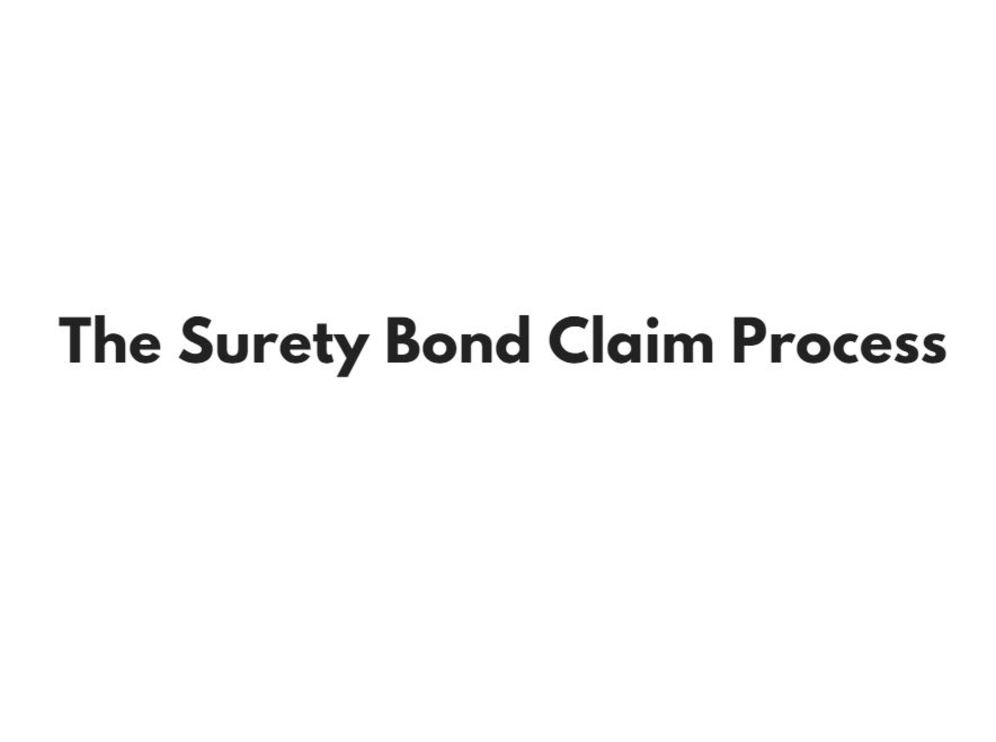
Surety bond terms are mysterious, even cryptic. If you are a business owner or insurance agent who is new to surety bond insurance you have some language to get used to.
While this list is by no means comprehensive, this will get you started in deciphering the 10 of the most Cryptic surety bond terms…
Short on time? Read our Surety Bond FAQ.
Surety Bond Terms
Obligee
One of the parties in a surety bond contract. The Obligee is the one who is protected by the surety bond. The Obligee is often the one that requires a surety bond from someone.
With license & permit bonds the State or Municipality would be the Obligee. The Principal on the surety bond is guaranteeing the Obligee that he/she will meet all contractual obligations.
Penal Sum/Bond Penalty
Amount of money for which the surety is held liable under a bond. The amount is always clearly presented as the Bond Amount.
The penal sum is the maximum amount that can be paid out on a surety bond claim.
For example, if a claim was made against a $20,000 Residential Contractor License & Permit Bond, $20,000 is the maximum amount that any one claimant could be paid.
Consideration
This details that which one party does or promises to do, done or promised by one party in return for another party’s action or promise; the inducement to a contract.
This concept serves to answer the most basic Surety Question “Why are you entering into this contact?” If you are foggy on what a Surety Bond Insurance is, begin by reading the article: How Do Surety Bonds Work?
Indemnify
To compensate for actual loss sustained. Said another way, to bring a party back to where they began, financially.
When a Principal (“person who needs a bond”) purchases a surety bond, they are required to sign an indemnity agreement. By doing so, the principal agrees to pay back the full amount of any bond claims to the Surety Company.
For more on this, read the article “How do Surety Bond Indemnity Agreements Work?”
Co-Surety
One of the surety companies joining in the execution of a bond and sharing liability. Co-sureties, are liable, between themselves to pay each an equal share of the whole debt or of that part of it which remains unpaid by the Principal. They also receive equal repayment when Principle indemnifies the bond loss.
Example: Surety A and Surety B are co-sureties to Principal 1 for the sum of $20,000. Principal 1 fails to meet his contractual obligation and someone files a claim for the full bond amount of $20,000. Surety A and Surety B are liable between themselves to pay $10,000.
The next surety bond terms have to do with court bonds specifically. Court bonds are some of the most misunderstood surety bonds, especially because many people think the terms court bond and bail bond are synonymous. They are not.
Court bonds come in many forms other than just bail bonds.
Executor
A fiduciary named in a will to manage or distribute the assets of an estate and pay all just claims and debts.
Executors have a variety of responsibilities depending on the financial complexity of the deceased person’s circumstances. They may have to track down all of the assets of the deceased, figure out who inherits property, file a will with the local probate court and several other responsibilities to see that all assets are properly distributed.
Learn more about executors and Executor Bonds.
Fiduciary
Person occupying a position of trust: especially one handling the affairs of another. The fiduciary has a legal duty of loyalty to safeguard the interests of another person or entity (e.g guardian of an estate or conservator of the estate of a minor or incompetent person).
Fiduciary bonds are in place to protect residents in a given state from unethical practices or mismanagement of estates.

Intestate
Person dying without leaving a valid will. Intestate law varies from State-to-State but essentially layout out what is to happen with a deceased persons’ assets that exceed existing debt and funeral expenses.
This relates to Surety Bond Insurance when a Fiduciary is place to carry out a duty of loyalty to safeguard the interests of the deceased person (see Fiduciary definition above).
You can learn more about what happens if you die without a will.
Mandamus
Bond on writ of. Bond required from person requesting writ, securing recipient of writ against loss if decided that the court should not have issued a writ of mandamus. (A writ of Mandamus is a command from the court for performance of a particular act.)
Replevin
In situations where property needs to be ceased, the Plaintiff must secure a Replevin Bond. With a Replevin Bond, the plaintiff gives a guarantee to return, if ordered, property, and to pay defendant’s costs and damages.
Learn more about Replevin Bonds.
This list doesn’t decode everything that is confusing about surety bonds. But hopefully, it provides you a bit more clarity for the next time you encounter any of these cryptic terms.
Related Posts
How to Know if You’re Getting the Best Rate on Your Surety Bond?








